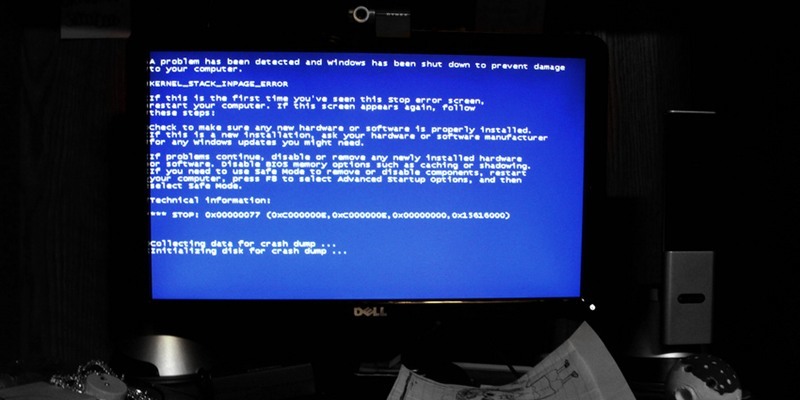Abertay University’s course in computer hacking has earned a thumbs-up from one of Britain’s biggest trade associations.
Students learn how to burrow into computer systems, giving them the tools they need to stop such illegal attacks in the real world.
Abertay was the first UK university to offer an undergraduate course on the topic and staff have been given official accreditation by BCS, the Chartered Institute of IT.
The institute, which started as the British Computer Society and now has around 70,000 members, gave its backing to several other computing-related undergraduate and postgraduate degrees.
This ensures students are learning industry-approved skills and working towards full membership of the institute.
Dr Colin Miller, head of Abertay’s school of computing and engineering systems, said, “The courses we offer are developed with direct industry input and are all focused on making graduates employable, so receiving official recognition of the quality of our courses is a great endorsement of our hard work.”
The accreditation has come ahead of October 13’s open day when prospective students can find out about the courses on offer.
Academic programme director Dr Petra Leimich said, “As the university which first launched ethical hacking as a subject, we are delighted to see both the undergraduate and postgraduate degrees get official recognition.
“The open day next week will be a great opportunity for students to see for themselves the new labs we have and learn more about what computing, digital forensics and ethical hacking really involve.
“In a world increasingly dominated by computers, the skills our graduates gain have never been more important for securing a job.”
Picture used under Creative Commons licence courtesy of Flickr user ishawalia.
